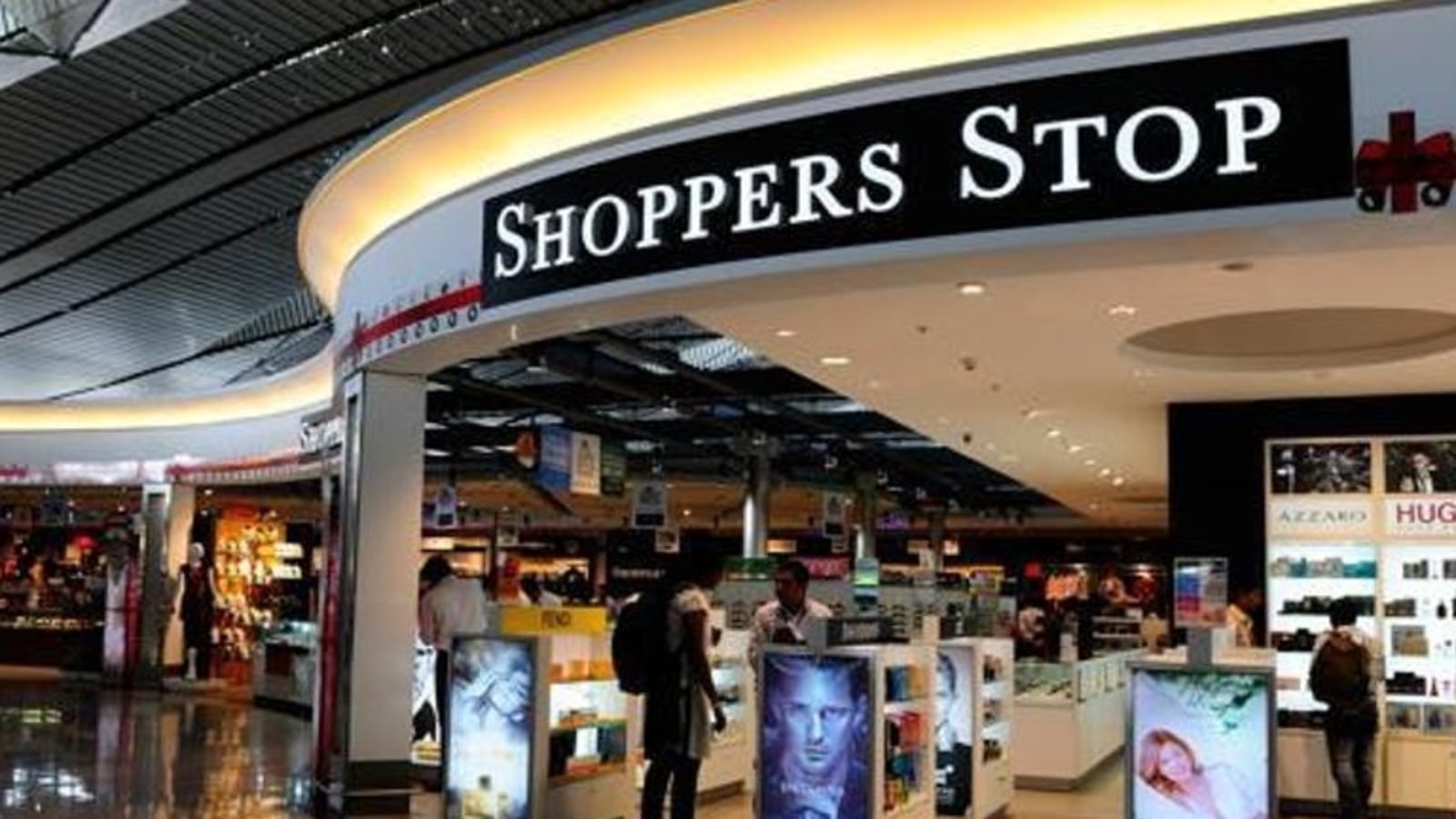This decade belongs to value fashion retailers, believes Akash Agarwal, whole time director at V2 Retail Ltd., the ₹ 1,100 crore chain that sells affordable clothing at its 129 stores in tier 2 and tier 3 towns. His confidence comes from the performance of his own brand which has seen a stupendous 37% same store sales growth in the first quarter this year affording him hope of reaching Rs1,500 crore turnover in FY2025.
Advent of several new affordable retail formats too has boosted his faith in the growth of mass-priced trendy branded fashion in India. Value fashion brands deliver on-trend clothes at low prices. In the last year alone big national retailers Shoppers Stop and Reliance Retail have launched value retail formats ‘Intune’ and ‘Yousta’ respectively.

Shoppers Stop plans to open 60 new Intune stores in FY 2025 to add to its existing 22. Reliance’s youth-centric, high-fashion Yousta and Intune, will compete with Tata Trent’s Zudio and Landmark Group’s Max. Trent reported a two-fold jump in profit in the first quarter driven by increased demand at its budget fashion Zudio which already has more than 550 outlets.
In May, Aditya Birla Fashion and Retail Ltd also added another store of Style Up, its affordable trendy fashion chain for GenZ and Gen Alpha. Consumer preference for affordable fast fashion is seen globally in the phenomenal success of online brands like Fashion Nova and Shein, says V2 Retail’s Agarwal. “Shein has been downloaded more than Amazon in the US.
The young prefer to buy, say, 4-5 dresses at $ 20 each on Shein than spend $ 100 on a single outfit from a premium brand since fashion cannot be repeated on their social media stories,” he adds. Besides, consumers below a certain per capital income aren’t particular about sustainability. “They are not into organic cotton or water waste issues.
They are driving the fast fashion trend for brands,” Agarwal says. Value fashion isn’t new to India since the country has been dominated by unorganised retail in apparel with the neighbourhood mom and pop stores selling unbranded garments, says Praveen Govindu, partner, Deloitte India. The growth in value fashion here is basically a massive consumer shift from unorganised to organized retail, he says.
“People in small towns aspire to shop in branded outlets. Value fashion retailers understood the need and offered good quality, high-fashion products at very attractive price points. A brand like Zudio has been able to take share both from the aspirational class in the mass segment and some part of the premium segment consumers who find their clothes reasonably priced and trendy,” says Govindu.
Though Landmark’s Max was among the first affordable fashion brands, Zudio’s success story has become a sample case study attracting many more players to this segment. Budget fashion is in the news now because post-covid only the premium and luxury brands saw a revival on the back of K-shaped recovery. However, after FY2023, when the appetite for premium and luxury goods tapered, the value-priced products picked up including in branded fashion, Govindu says.
To be sure, in the last few years, fashion retailers have also strengthened their supply chains and manufacturing ecosystem. V2 Retail’s Agarwal says that apart from using its in-house factories, the company has trained its vendors in processes. “Since their business with us is growing, they have invested in and expanded their capacity,” he says.
But for value fashion retailers, the challenge will be in managing their supply chains efficiently since they do not play on huge margins like premium brands. “They have to be competent in terms of understanding demand, fashion trends and sales projections,” says Govindu. Scale is also critical for value fashion brands because only then can they offer low prices.
“It’s not a surprise then that Zudio quickly opened a very large number of stores in a very short time,” he adds. Since value fashion brands are converting the unorganised retail to organised, the headroom for growth is massive. As per Research and Markets, India’s apparel retail market had a revenue of $60 billion in 2022.
Of course, with more companies launching fashion for budget-conscious consumers, the landscape has become highly competitive in a segment where the consumer is up-to-date on trends and not easy to please..



















